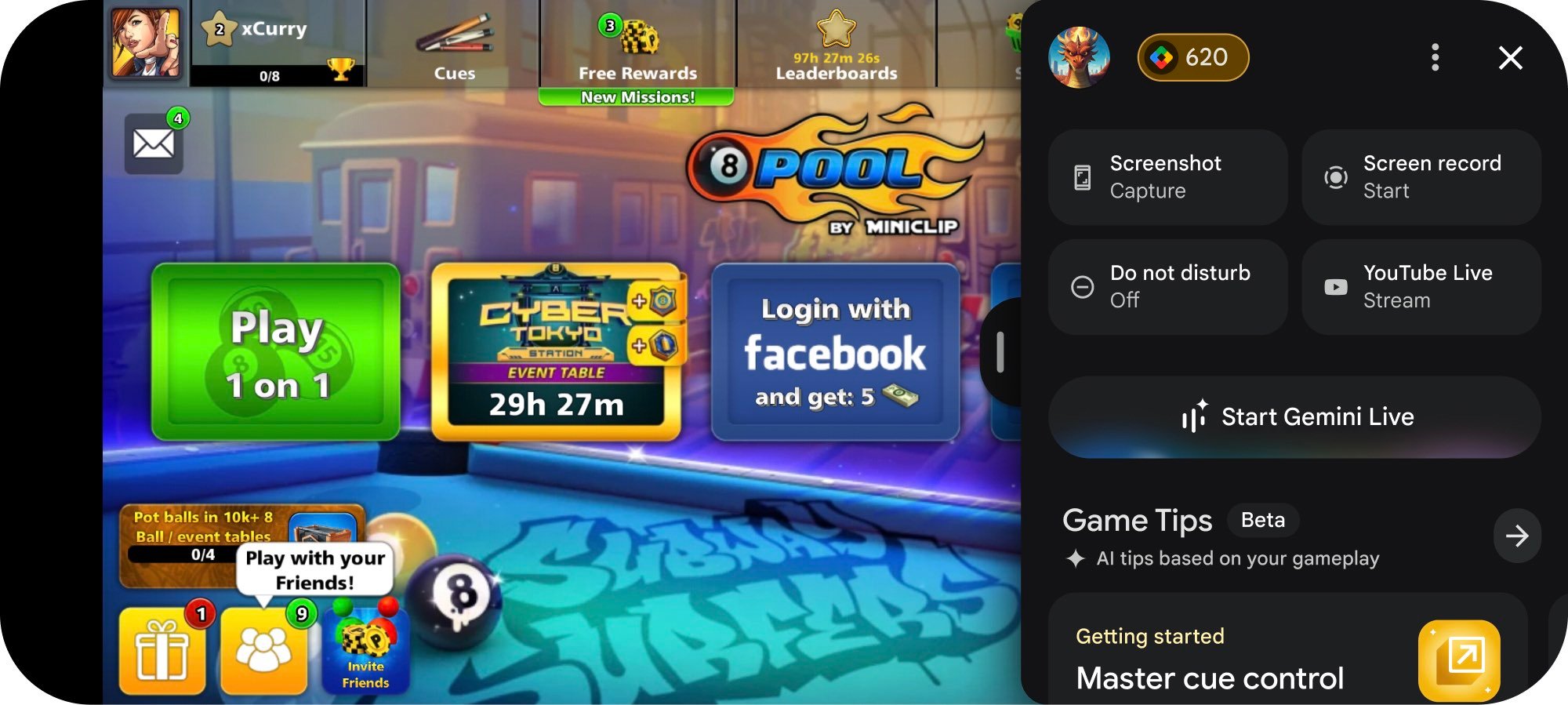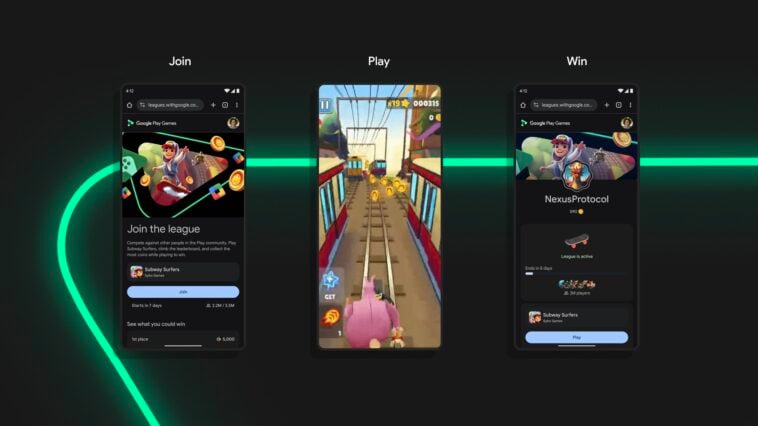Google Play is finally ditching its one-size-fits-all approach. After years of generic app recommendations that felt pulled from thin air, the platform is embracing personalization in a big way.
The most noticeable change hits the Apps tab, which now features curated seasonal content that feels relevant to your life. Instead of endless scrolling, you’ll find organized sections that tap into current trends and your interests.
In Korea, users are getting a dedicated entertainment hub with mobile-optimized movies and short-form dramas. Meanwhile, US users can sample web comics and trending shows directly from the Apps tab. But the real innovation is Guided Search–type goals like “find a home” or “deck-building games” and AI organizes relevant apps into logical categories.
Mobile gamers know the frustration of juggling multiple platforms and reward systems. Google Play Games is finally solving this with a unified experience that actually works.

The new platform-level gamer profile tracks stats and achievements across all your games and devices. No more scattered progress across dozens of apps. Google Play Games Leagues launches October 10th with Subway Surfers, letting you compete for Play Points rewards.
Perhaps, the real game-changer? Play Games Sidekick is an in-game overlay providing real-time help through Gemini Live. It provides verbal tips without leaving your game, using screen sharing to understand your context. It’s impressive and slightly unsettling in typical AI fashion.
The smartest addition however is the You Tab–a hub where gaming profiles, rewards, subscriptions, and recommendations actually make sense together. For gamers, it’s mission control. For everyone else, it’s where you discover content, track subscriptions, and resume that abandoned audiobook.
What this really means
Google Play isn’t just getting a visual refresh – it’s repositioning from digital storefront to personalized content ecosystem. They’re betting we want our app store to actually know us: our habits, preferences, and how we use our devices.
Whether this feels helpful or invasive depends on your comfort with Google organizing your digital life. But functionally, these changes address real frustrations that have plagued the platform for years.
The integration across mobile and PC gaming, contextual recommendations, and centralized experience show Google Play evolving beyond its original purpose. It’s becoming less about app discovery and more about surfacing the right content at the right moment.
The new Google Play is rolling out this week in select markets, with broader availability starting October 1st.
Whether users embrace this more intimate relationship with their app store remains to be seen, but Google Play just became significantly more interesting.

